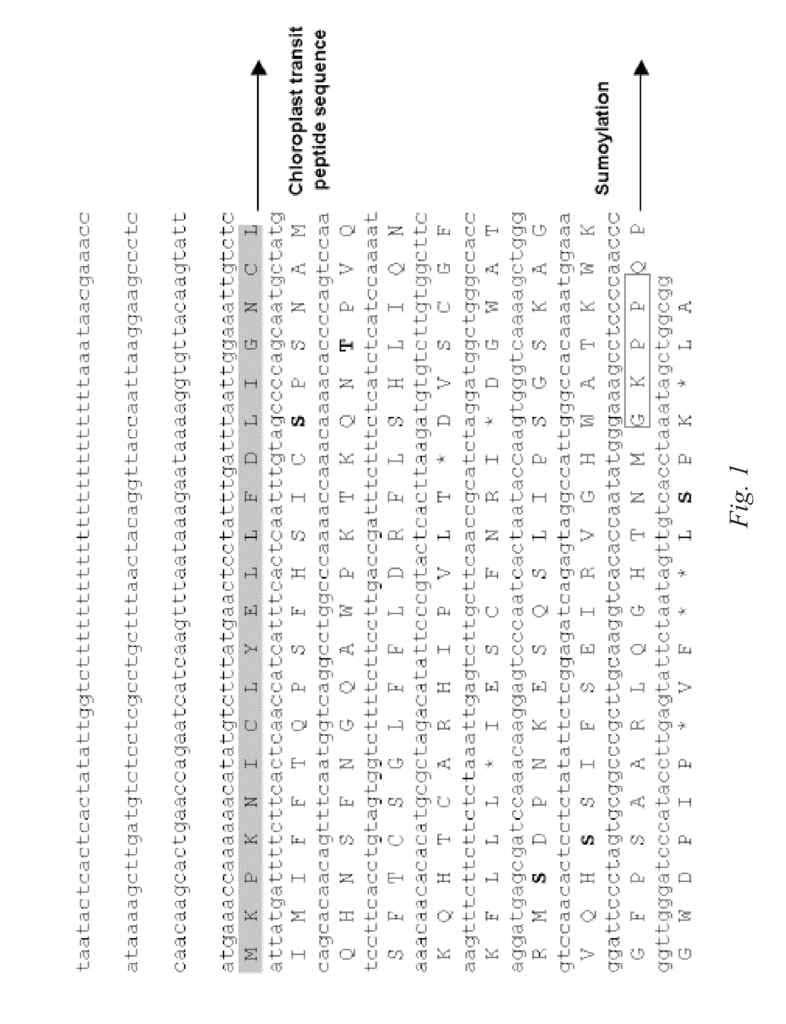Targeted Biomarkers for Grape Health Innovation
Introduction
This cutting-edge technology offers a solution for identifying disease-related biomarkers unique to Florida hybrid bunch and muscadine grapes, making it an essential tool for industries focused on agriculture, biotechnology, and health sciences. With its ability to pinpoint biomarkers associated with diseases specific to these grape varieties, this patent supports early detection and better crop management, ultimately boosting resilience and productivity in grape farming.
The Challenge: Disease Control in Specialized Grape Varieties
Disease detection and control are critical in viticulture, where diseases can quickly devastate grape crops, impacting yield and quality. Muscadine and Florida hybrid bunch grapes have unique disease profiles, making it challenging to implement broad-spectrum disease treatments. Without reliable biomarkers to target these specific diseases, grape producers and researchers face an uphill battle to protect their crops, often relying on generalized approaches that lack precision. The result is increased costs, lower yields, and compromised quality, with significant economic implications for the agricultural industry.
Leveraging Biomarkers for Disease Precision
This patented technology introduces a suite of biomarkers tailored to the specific disease profiles of Florida hybrid bunch and muscadine grape varieties. By identifying these unique biomarkers, growers and researchers gain valuable insights into disease presence and progression, enabling them to intervene more effectively. The technology enables early detection, allowing for timely, targeted treatment that reduces the spread of disease and preserves the health of grape crops. This precise biomarker detection improves the chances of a healthy harvest, reduces resource use, and ultimately drives better economic outcomes.
Key Advantages Across Relevant Industries
For grape producers and vineyard managers, this technology means greater control over disease management, minimizing crop losses while enhancing overall vineyard resilience. The biotechnology sector gains a powerful tool for developing disease-resistant grape varieties, potentially expanding their applications to other crops. Food and beverage industries can use this insight to source healthier, more resilient grape varieties for products, meeting rising consumer demand for quality. Environmental researchers can leverage these biomarkers for ecosystem studies, understanding how disease impacts flora and fauna in grape-growing regions.
A Strategic Step Toward Agricultural Innovation
Licensing this grape-specific biomarker technology offers an opportunity to lead in viticultural health and agricultural sustainability. By focusing on biomarkers unique to Florida hybrid bunch and muscadine grapes, this technology supports the efficient, targeted disease management that modern agriculture demands. Organizations invested in agricultural health, biotechnology advancements, and sustainable food production will find this technology aligns perfectly with their goals. It provides a proactive approach to disease prevention that not only protects valuable crops but also enhances the broader ecosystem. This innovative biomarker system sets a new standard in precision agriculture, helping producers and researchers protect, understand, and optimize grape health in a data-driven way.

- Abstract
- Claims
What is claimed is:
Share
Title
Disease-related biomarkers specific to Florida hybrid bunch and muscadine grape, and uses thereof
Inventor(s)
Mehboob B. SheikhDevaiah KambirandaHemanth KN. Vasanthaiah
Assignee(s)
Florida Agricultural and Mechanical University FAMU
Patent #
9051381
Patent Date
June 9, 2015
